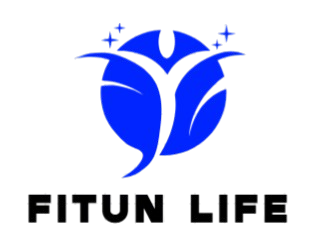Junk removal services provide a convenient way to declutter your home or office, but not all items are accepted. Understanding what these services generally refuse can save you time and avoid potential complications. Here’s a look at common items that junk removal services typically do not accept:
1. Hazardous Materials
Hazardous materials include items like batteries, chemicals, paints, and pesticides. These substances can be dangerous to handle and require special disposal methods to prevent environmental contamination. Many junk removal companies are not equipped to deal with these materials and often recommend taking them to a designated hazardous waste facility.
2. Medical Waste
Medical waste, such as used needles, syringes, and other medical sharps, is highly regulated due to health risks. Proper disposal of medical waste usually requires specific protocols and specialized facilities. The junk removal services generally do not accept these items for safety reasons.
3. Construction Debris
Construction debris, including items like drywall, bricks, concrete, and large amounts of wood, is often not accepted by standard junk removal services. This type of waste requires specialized disposal methods, such as those provided by construction and demolition waste services.
4. Large Appliances
While some junk removal services do accept large appliances like refrigerators and washing machines, many do not due to the complexity of their disposal. Appliances often contain refrigerants or other materials that need to be handled properly. It’s best to check with your local service provider or opt for a company specializing in appliance removal.
5. Automotive Parts
Car parts, such as engines, tires, and batteries, are generally not accepted by junk removal services. These items can be recycled but often require specific processes. Many auto parts can be taken to automotive recyclers or specialized disposal centers.
6. Toxic Substances
Items containing toxic substances, such as certain electronics with mercury or certain cleaning products, are also typically not accepted. Proper disposal of these items is crucial to avoid environmental harm and potential health risks.
7. Personal or Sensitive Documents
While not hazardous, personal documents containing sensitive information are best handled separately. Many junk removal services do not offer secure shredding services, so it’s advisable to shred sensitive documents yourself or use a document destruction service.

